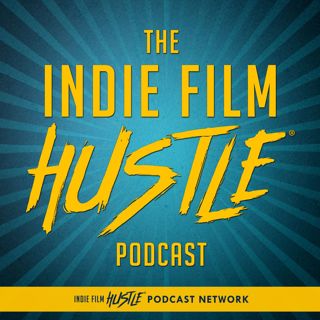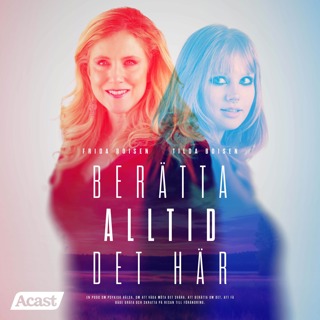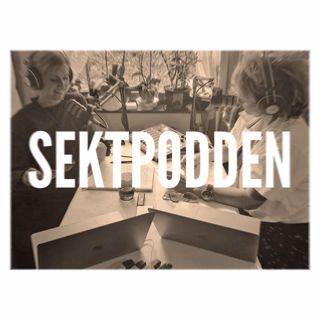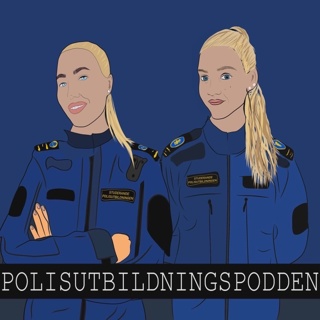
IFH 745: Screenwriting & Hollywood in the Times of COVID with Greg Gertmenian
Today on the show, we have Greg Gertmenian, who is the Head of Script Analytics and Film Development at Slated. He is also the co-inventor of the Script Score, the only screenplay evaluation tool prov...
9 Apr 20241h 23min

IFH 744: The Screenwriter's Guide to Video Game Writing with Robert Denton Bryant
I always wondered how someone would get into the video game writing business. Today's guest is screenwriter/game development guru Robert Denton Bryant and he answers that question and so much more.Rob...
2 Apr 20241h 44min

IFH 743: The Guide for Every Screenwriter with Geoffrey D. Calhoun
After many requests, I decided to finally tackle the dreaded query letter. I bring back to the show screenwriter, author, and IFH Academy instructor Geoffrey Calhoun. Below Query Letter Checklist and ...
26 Mars 202422min

IFH 742: Writing a Screenplay from the Inside Out with Brian Herskowitz
Today's guest is screenwriter Brian Herskowitz. He wrote the book called Process to Product: From Concept to Script: A Practical Guide for the Screenwriter. Like millions before him, Brian Herskowitz ...
19 Mars 20241h 14min

IFH 741: How to Break into Television Writing with Steven Vitolo
Have you ever wondered what it takes to break into a network television writer's room? Then this episode is for you. Today's guest is Steven Vitolo and he did just that. His latest written episode is ...
12 Mars 202456min

IFH 740: Screenwriting Rules You Need to Learn Then Break with Julian Hoxter
You should all know this by now. I love bringing on different perspectives on the craft because you never know what might click for someone. At the end of the day, we are all trying to tell a and comp...
5 Mars 20241h 19min

IFH 739: Horror Screenwriting - The Nature of Fear with Devin Watson
I was glad to take a deep dive into the deep end of horror screenwriting with writer and producer, Devin Watson, notably known for writing and producing The Cursed (2010) which was the first draft he ...
27 Feb 20241h 13min

IFH 738: Inside Warner Bros Writing Program with Rebecca Windsor
Today on the show is Rebecca Windsor, the Vice-President of the Warner Bros. Television Workshop, the premier writing and directing program for professionals looking to start and/or further their care...
20 Feb 20241h 7min





















